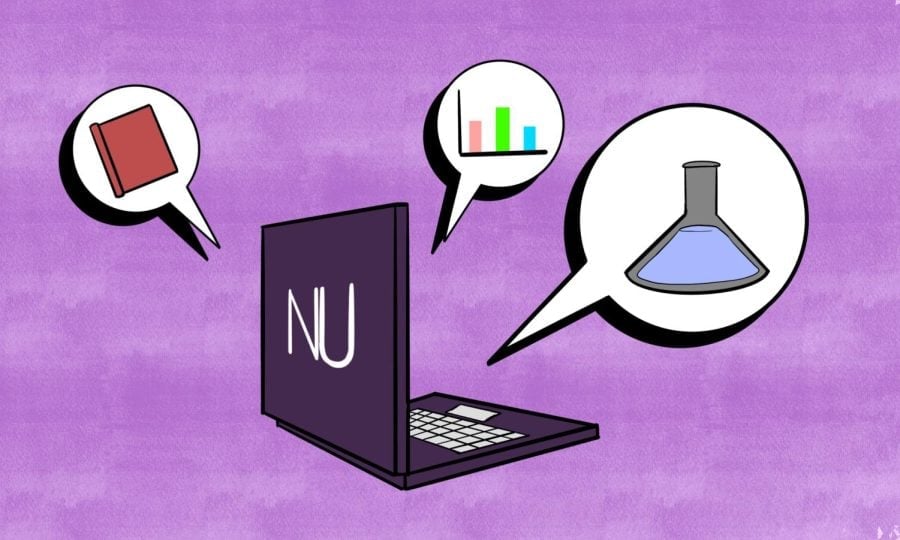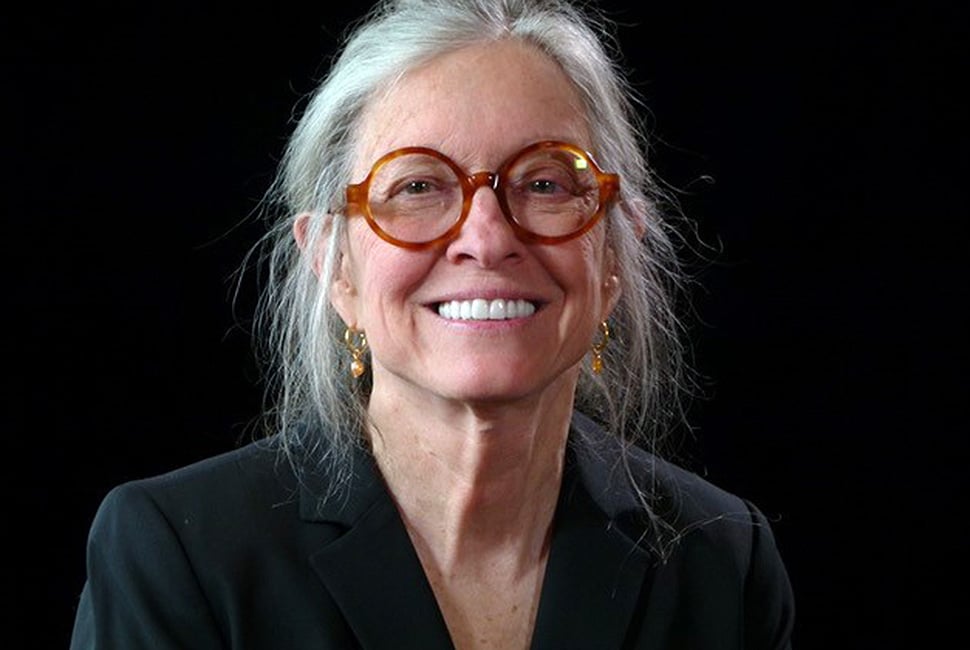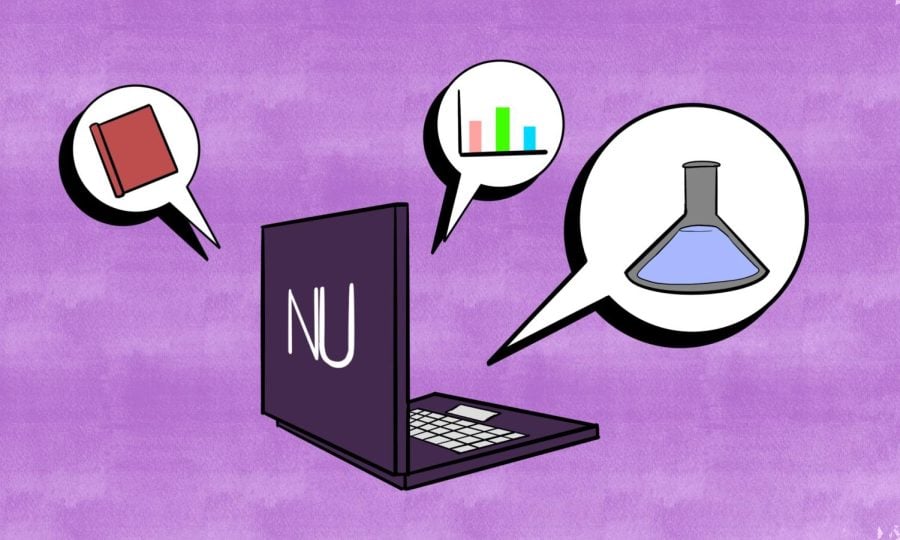Former Northwestern football players Eric Olson (SESP ’16) and Christian Salem (Weinberg ’16) have teamed up once more for a new venture.
While the duo didn’t pursue STEM degrees at NU, Olson and Salem shared a common background: They came from families of researchers, teachers and scientists and bonded over “nerdier” topics.
During his senior year at NU, Olson had an idea — what if there was an artificial intelligence search engine that could allow anyone to ask a question and get an expert opinion, rather than be distracted by the most popular result?
The inspiration for Consensus, an AI research engine, came about from a debate between Olson and his friends. To shut down the dispute, he painstakingly searched for peer-reviewed, academic research to support his point.
“I remember sending it in a group text in an argument we were in, and it ended the argument,” Olson said. “If you actually could have something that could do this for you more easily and find the best evidence, it could be such a powerful tool.”
After working in the tech industry after graduation, Salem said he “saw that the world needed better tools for research and more accessible scientific knowledge for everyone.”
By the end of 2021, Olson and Salem had both quit their jobs to prepare for the launch of Consensus, a search engine that uses AI to automate specific parts of the research process.
“Think of it like taking Google Scholar alongside ChatGPT,” Olson said. “It’s an academic search engine with language-model ChatGPT technology within and around it.”
Launched in September 2022, Consensus synthesizes information from a database of more than 200 million scientific articles. The algorithm uses language models to answer research questions faster than a researcher combing through volumes of information, Salem said.
Consensus is currently the third most popular Generative Pre-trained Transformer in OpenAI’s GPT Store, widely surpassing the co-founders’ initial expectations for how fast the company would grow.
Second-year Ph.D. student Krystal Alvarez-Hernandez discovered Consensus from NU Libraries’ page on research tools.
While she doesn’t believe the technology “should replace digging into the literature for students and especially early researchers,” it allows her to put her time and energy elsewhere, she said.
“I can quickly tell whether a paper is worth reading more into just by looking at the quick stats,” Alvarez-Hernandez said. “Just like other AIs, it has a lot of great potential, but it shouldn’t be a shortcut to learning either.”
In one click, the technology can provide a high-level overview on the paper’s credibility, study design and sample size.
The ultimate goal of Consensus is to take into account what researchers care about most when considering an academic paper, Salem said.
“A lot of the best companies in the world are built from people who experienced the problem firsthand,” Olson said. “The original idea was all from us feeling this problem ourselves and we wanted to build it first and foremost for ourselves.”
The duo’s time at NU has been one of the biggest influences on Olson and Salem’s continued commitment to the company, Salem said.
“Our football experience really, really does help with the work ethic required for a startup,” Salem said. “Waking up at 5 a.m. when there’s no game the next day, then (going) to school and (competing) in one of the most competitive academic environments in the world — it really taught us the power of work.”
The Consensus team is working on making the AI more conversational, mimicking the Chat-GPT format allowing users to converse with the chatbot.
Beyond expanding the search engine powering Consensus, Salem said another goal for Consensus is to improve the quality of research the AI outputs, ultimately allowing users to “dive deeper” into the literature.
“We want to have the best academic search relevance in the world — better than Google Scholar, better than PubMed, better than any products that anyone is using now,” Salem said. “We want you to be able to search for your topic and find all the best papers instantly.”
Email: [email protected]
X: @cassiesunL
Related Stories:
— McCormick School of Engineering launches master’s degree in AI
— Northwestern creates new research hub focused on artificial intelligence















